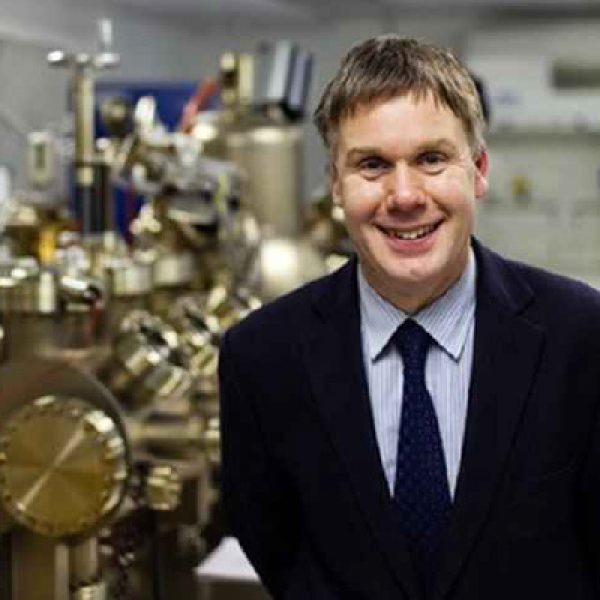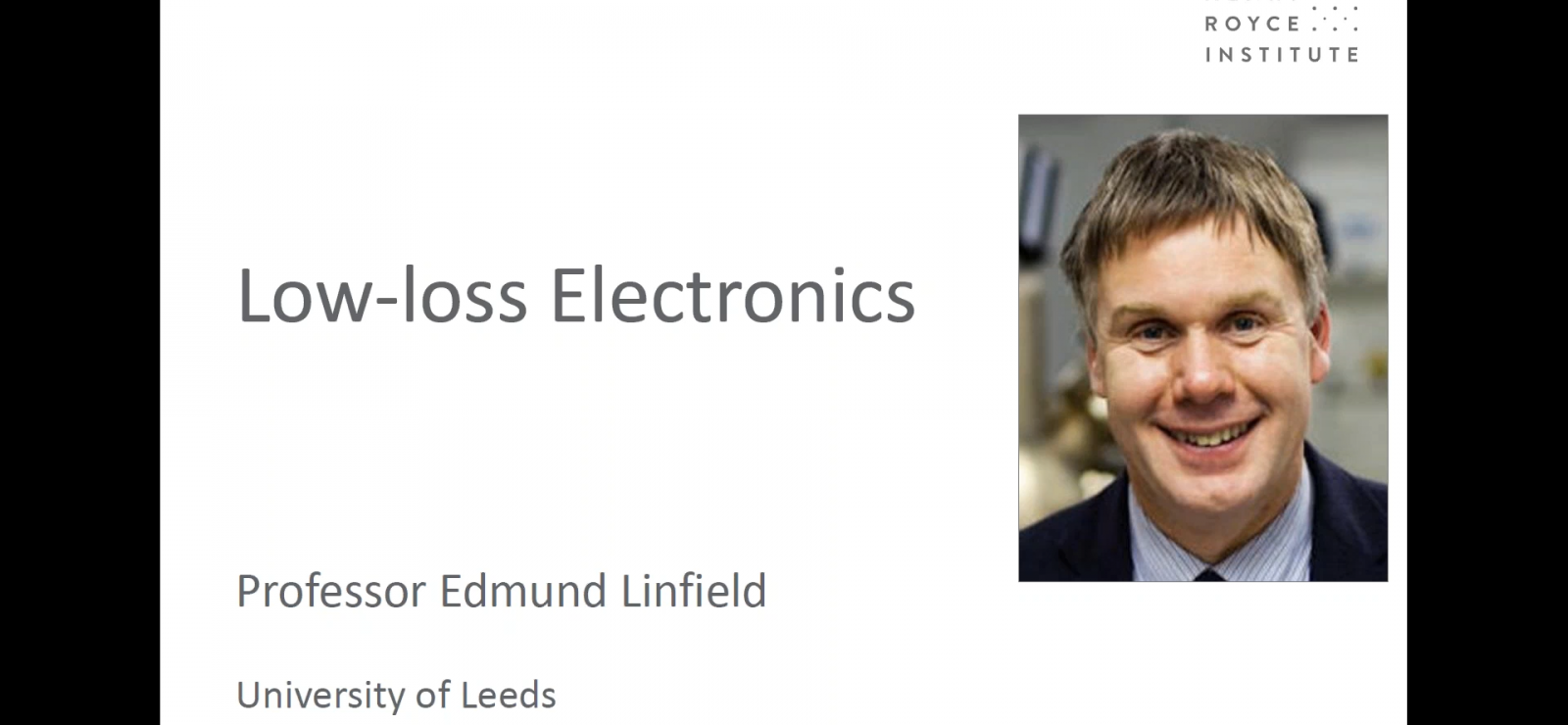This website uses cookies so that we can provide you with the best user experience possible. Cookie information is stored in your browser and performs functions such as recognising you when you return to our website and helping our team to understand which sections of the website you find most interesting and useful.

Materials for Low Loss Electronics
Materials for the Energy Transition roadmaps
As part of the ongoing Materials for the Energy Transition roadmapping process, the Henry Royce Institute in collaboration with the Institute of Physics have brought together UK experts from academia and industry to explore how materials science can contribute to the 2050 net-zero-carbon targets.
The Materials for Low Loss Electronics roadmap sets out the priorities, targets and enablers which have been identified by UK research communities to help to achieve more efficient electronics in the context of power electronics and computing. The UK has a strong position in fundamental materials research in this area, however this is not currently exploited towards devices. A crucial pathway towards achieving commercially viable products is a close collaboration between industry and academia at the onset of the materials discovery and optimisation.
There are significant opportunities for the UK in materials research and development for low loss electronics. Through instigating a transformative research programme encompassing UK academia and industry, it is possible to address society’s increasing energy demands whilst reducing its carbon footprint. Despite the fact that future mass-production of silicon CMOS will continue to be undertaken outside of the UK, strategic investments into UK prototyping and pilot plants, combined with high throughput device testing capabilities, will enable scale-up of devices from research to wafer-scale fabrication. Furthermore centres for fabrication and characterisation are needed to develop new materials to the point of proof-of principle. Finally, establishing policies that set power consumption targets, and support the circular economy through end of life considerations, will be a critical factor in establishing an environment where the UK takes a leading position in the development of low-loss electronics.
Click here to view the Materials for Low Loss Electronics roadmap
If you would like to cite this document, please use the following text:
Linfield, E.H., Zeissler, K., Cespedes, O., Athanassopoulou, N., Ghani, A., ‘Materials for the Energy Transition roadmap: Materials for Low Loss Electronics’, Henry Royce Institute, September 2020 https://www.royce.ac.uk/content/uploads/2020/09/M4ET-Low-Loss-Electronics-roadmap.pdf
MATERIALS FOR THE ENERGY TRANSITION ROADMAPS
Materials for Photovoltaic Systems
Materials for low-carbon production of hydrogen
Useful links

“New and ambitious impact-driven initiatives will enable the UK materials science research community to accelerate dramatically the commercialisation of their research and innovation against our national imperatives. A focus on future electronic systems will also provide a sovereign manufacturing capability for the UK. Indeed, we are already working with industrial partners to develop applied collaborative research programmes designed to accelerate industry adoption, which will need to be supported by UK-based pilot-foundry facilities.
Establishing policies that set power consumption targets, and support the circular economy through end of life considerations will also be a critical factor in establishing an environment where the UK takes a leading position in the development of low-loss electronics.”
Professor Edmund Linfield | Director for Bragg Centre for Materials Research | University of Leeds | Theme Lead for Materials for Low Loss Electronics
Materials for the Energy Transition Roadmap Webinar
Click here to view a presentation from Prof Edmund Linfield (University of Leeds) on the key findings from the Materials for the Energy Transition roadmapping for Materials for Low Loss Electronics.
This presentation was part of the Materials for the Energy Transition Road Map Webinar held by the Henry Roye Institute and the Institute of Physics on 15 June 2020. The full webinar recording can be viewed here.





